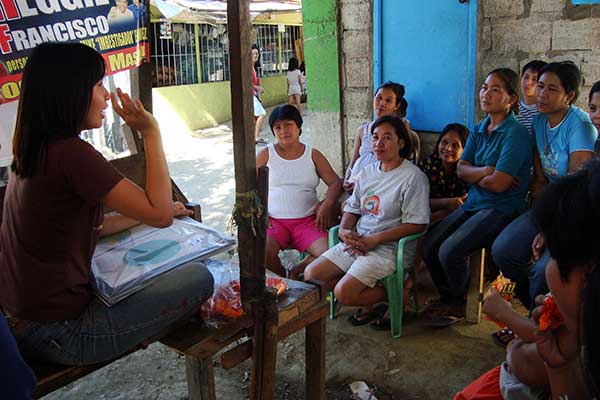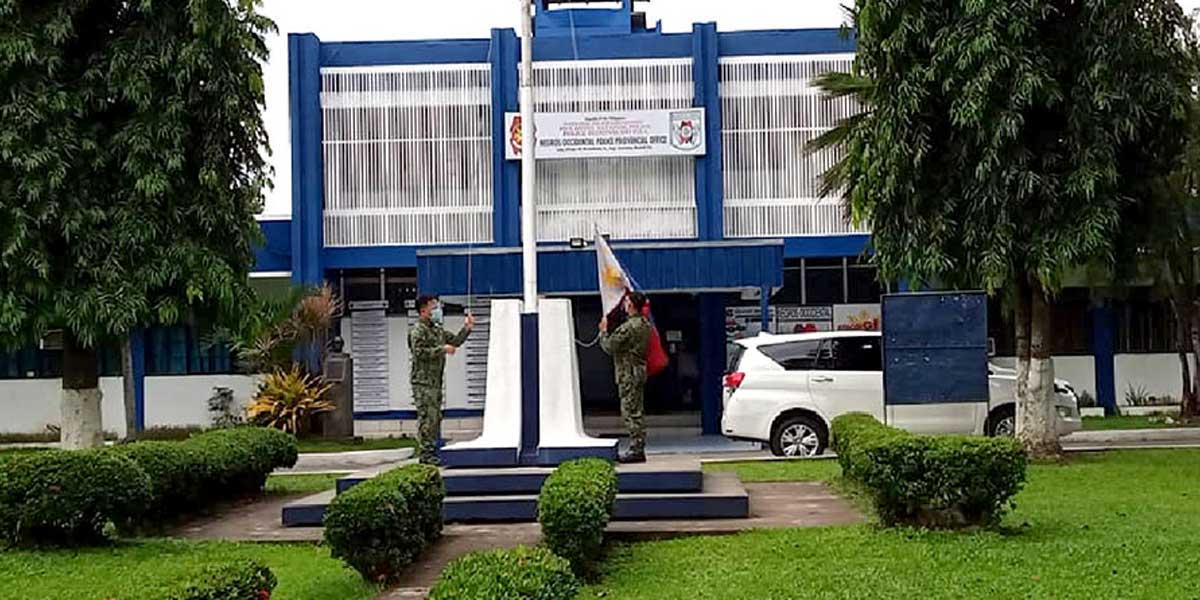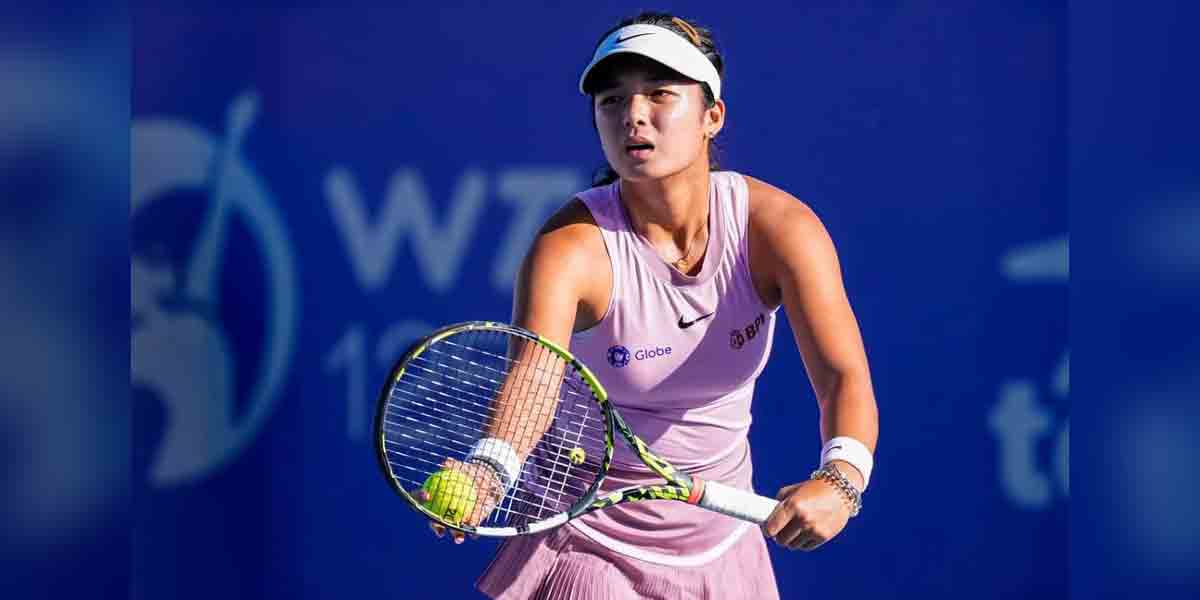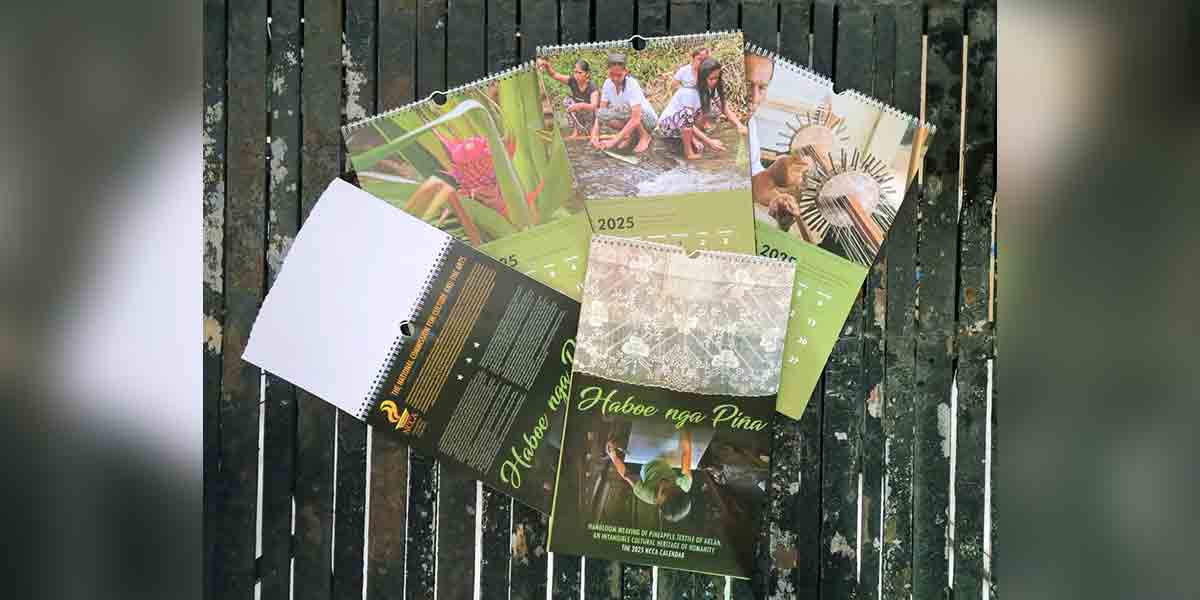
By Joseph Nacino
Like most entrepreneurs, Reese Fernandez-Ruiz, President and Co-Founder of R2R, values innovation as part of her business.
“Innovation is not a nice-to-have but a must-have. All companies must think of innovation all the time in order to grow, get better, and create more impact,” she said.
But as a social entrepreneur, Reese knows that innovation needs to be guided in order to be felt by the people they are helping.
“Innovation on its own needs to be guided by intentionality. We need to be intentional about where to innovate and how to innovate,” she said.
“If we are able to make our innovations truly inclusive, we can come up with solutions to community or even global problems,” she added.

BUILDING A SOCIAL ENTERPRISE
R2R, which started as Rags2Riches, is a fashion and design house that has been partnering with community artisans to make eco-ethical fashion made from upcycled, overstock fabrics and local textiles.
The idea of R2R was born after Reese, together with her future co-founders, visited Payatas, a poor community situated near one of the largest garbage sites in Metro Manila, while she was in college.
At the time, she and her co-founding team discovered that the women living there, many of them mothers, earned a living by searching the nearby dump site for fabric scraps. They weave the scraps into basahans or rags and floor mats and sell them on the streets.
After college, Reese co-founded R2R with other young professionals in 2007 to empower these women and their communities through a more environmentally sustainable and inclusive business model.
“When the co-founders and I started R2R or Rags2Riches, our main goal was to create a business that lifts Filipino artisans out of poverty,” Reese explained.
Not only did R2R connect the women artisans directly to the garment factories and warehouses to source their material of cloth scraps, it also established retail shops and an online store where they could sell their wares, which expanded to bags, wearables, and home decor.
R2R has also partnered with fashion designers like Rajo Laurel and Amina Aranaz-Alunan to create high fashion pieces from the women’s weaves. This resulted with the women artisans not only showing their talent and craftmanship through the products they make but also providing them with higher earnings.
Branding to support communities
One challenge that social enterprises face is selling their products to consumers who tend to be brand conscious and compare imports more favorably. What’s more, they also have to convince customers that they offer high-quality products.
Given that entrepreneurship is intrinsically tied to innovation, social enterprises can take advantage of innovative branding to make their products stand out in the market. Particularly, R2R’s brand highlights the handmade high-quality products created by talented and skilled artisans that also tell a story.
“For social enterprises, it is important to be sustainable in every aspect and it would be hard to do so without a strong brand. Strong brands indicate strong trust from the market and stakeholders. Trust is the most important currency of enterprises,” Reese said.
She explained that having a strong and recognizable brand elevated R2R from being just a faceless manufacturer, allowing them to connect with their market. This ensured the livelihood of their artisans would be more stable and secure.
“Having a brand is one of the most important decisions we have ever made,” she said, adding that they registered their trademarks with the Intellectual Property Office of the Philippines (IPOPHL) to ensure their brands and sub-brands would be recognized, recorded and protected.
“Because we have built and protected our brand, it continues to have a positive impact for our communities,” she said.
Innovating to keep ahead
Despite many challenges—including the pandemic—R2R has achieved some commercial success both locally and abroad, garnering Reese recognition and awards as a social entrepreneur.
In fact, their expansion into international markets presently include partnerships with North America-based companies, and a collaboration with a Thailand-based sustainable fashion enterprise.
Because of this success, it’s not surprising that R2R has nearly run into the possible infringement of their IP.
“We sometimes encounter products that aim to look like ours. But because we have worked hard to perfect our designs and craft, they really don’t look anything like our products,” Reese said.
Registering their trademarks is a big part of their efforts to protect their brand and their products against infringement, she said. And while they don’t have any way to measure their losses to possible infringement, they keep on innovating and striving to be a few steps better to ensure they can keep ahead.
“Growth is always in R2R’s plans and DNA. It is our constant state. We are always innovating on our materials, products, processes and systems in order to grow our designs, market and artisan livelihood impact,” she said.
Advocating for IP
After receiving IPOPHL’s prestigious IP award, the Gawad Yamang Isip, this year, Reese has grown more appreciative of protecting one’s intellectual property (IP) rights and the ecosystem surrounding it.
“I realized that it is such an important award and community of people who support each other’s talents and growth,” she said.
Reese also said they continuously educate the women artisans working with them on the value and importance of protecting their IP rights, admitting there remains a long way to go in IP awareness among them.
“To be honest, the communities don’t really understand or appreciate the importance of IP registration but they do understand the importance of a strong brand,” she said.
Letting communities know how IP rights protection can impact their lives directly through the negative effects of having their brand infringed on can make them understand and appreciate their IP rights better, she added.



















